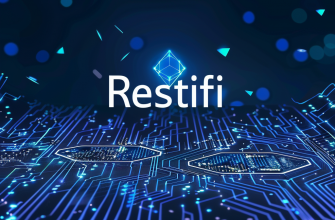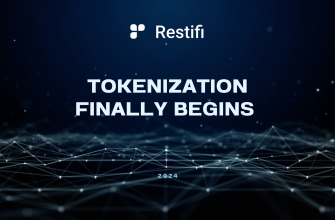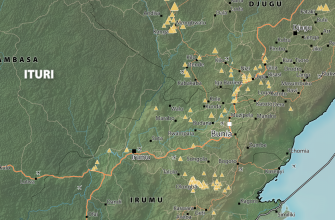Introduction: The evolving trend of merging traditional assets with blockchain through tokenization is poised to significantly alter the investment arena. At the heart of this transformation are Special Purpose Vehicles (SPVs), which act as conduits between the tangible world of assets and their digital counterparts. Yet, this innovative path is fraught with regulatory complexities and a patchwork of jurisdictional rules.
The Role of SPVs in RWA Tokenization: Tokenization often unfolds via SPVs—entities specifically designed to hold real-world assets (RWAs). This indirect approach is necessitated as many jurisdictions have yet to acknowledge or permit direct on-chain issuance and recording of RWAs. Consequently, SPVs provide a regulatory-compliant structure, enabling the encapsulation of the asset in a legal entity, which subsequently issues tokens reflecting the underlying asset’s ownership or interest.
Navigating Global Regulations: The global regulatory topography of tokenization is remarkably diverse. Hong Kong’s SFC is on the cusp of updating its guidelines to streamline tokenization dealings, while Singapore’s MAS is sculpting its digital asset landscape with a robust regulatory framework. The U.S. SEC adopts a more guarded approach, meticulously scrutinizing tokenization proposals. Europe’s regulatory scene is varied: the UK’s FCA is gearing up to greenlight tokenized funds by 2023, and France’s AMF has embraced a risk-based regulatory strategy for digital asset tokenization.
- Hong Kong (HK SFC): Poised to allow primary dealing of tokenization post a Q4 2023 guidance update, showcasing a forward-thinking regulatory attitude.
- Switzerland (FINMA): Actively regulates the issuance of tokenized assets, positioning itself as a proponent of digital finance.
- United States (FSRA): Has published a comprehensive framework for security tokens, indicating a structured approach to asset tokenization.
- European Union:UK (FCA): Set to permit tokenization for funds, with a regulatory green light anticipated in 2023.France (AMF): Embraces a risk-based regulatory approach to digital asset tokenization.SEC: Maintains caution, with a measured approach to asset tokenization to ensure investor protection.
- Asia-Pacific:Singapore (MAS): Issued a detailed guideline set and is actively participating in Project Guardian’s PoC.Japan (FSA): Endorsed the launch of ODX digital securities exchange START.
The Offshore Strategy: Tokenization initiatives often pivot on establishing SPVs in jurisdictions that are both offshore and tax-advantageous. These SPVs undertake the acquisition of the RWA, with tokenization of the SPV’s equity interest following suit. While this strategy is ingenious, it introduces added layers of complexity, inflates costs, and complicates the investment trajectory for stakeholders.
Costs and Frictions: The convoluted processes entailed in creating SPVs and executing tokenization can generate significant friction and escalate costs. These complexities can act as deterrents for investors, particularly those from the traditional finance sector (TradFi) accustomed to more direct and streamlined access to RWAs through broker-dealers or securitization channels.
Traditional Finance vs. Crypto-Native Companies: TradFi investors, with the convenience of direct RWA access, may view the prospect of dealing with tokenized RWAs as excessively layered and risky. In contrast, crypto-native companies, often deprived of straightforward access to such products via TradFi mechanisms, are more likely to embrace the challenges posed by RWAs.
RWA tokenization opens up an exciting pathway for investment and enhances asset liquidity. Nevertheless, the prevailing regulatory conditions globally and the inherent complexities of the tokenization process currently render it more amenable to crypto-native firms than to traditional investors. With the anticipated improvements in regulatory clarity and streamlining of tokenization processes, a wider acceptance of tokenized RWAs may be on the horizon, unlocking new market potential and fostering financial innovation.









